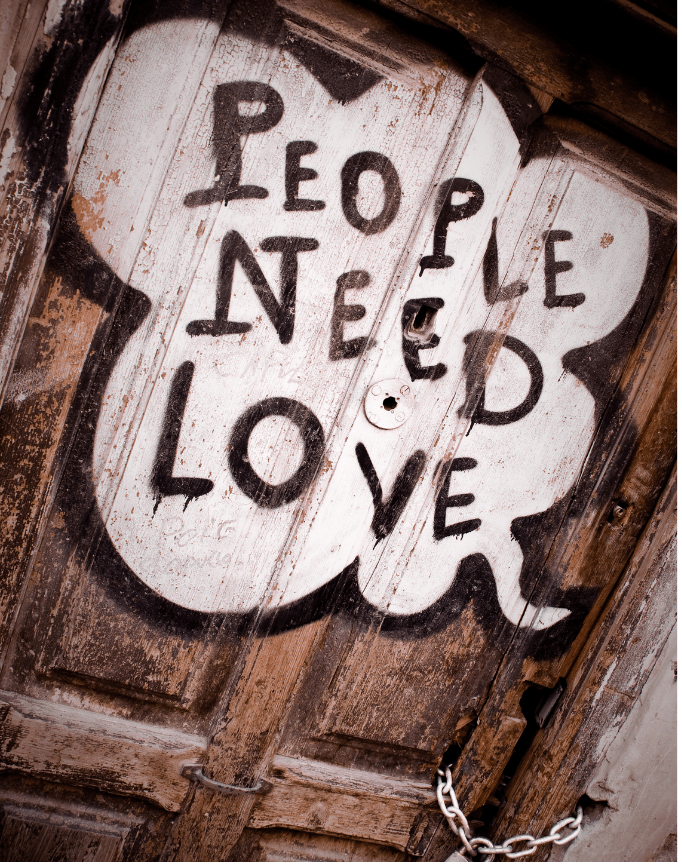Try to establish a relationship ("rapport") with the child. It's very important that there is a rapport, and that I know I can trust you and come to you with my concerns.
Get involved, think about my affairs, take time for me.
Listen to me and take an interest - believe what I say.
Consider my thoughts and feelings too.
Don't threaten me, offer options and solutions and talk things through.
Don't make decisions over my head, also listen to what I have to say, involve me more in the decision making.
If I misbehave, ask "What happened?"
Stick to your promises and don't make empty promises.
Don't just focus on what's bad. Point out what I do well.
Be empathetic.
Try to see the reasons for my behaviour.
Put yourself in my place.
Let me know what's going on.
Be consistent and persistent.
Believe in me that I can really do things differently.
Listen more to what I want and need too.
When I'm angry, give me some time to calm down. Then we'll talk when I'm calmer.
Young people would certainly benefit from experience counselling and from reasonable adults who do not punish but seek to help and positively influence, who get to the bottom of a person's problems, not add to them.
There must be people in the system who take the time to listen, who are solution-focused, who don't shuffle the child from one place to another.
Sa ei pruugi mind mõista, kuid proovi mind mitte hukka mõista!
Kui sa muud ei oska teha, siis lihtsalt kuula mind.
Täiskasvanud ei mõista, et maailm on muutunud ja kõik muu sellega.
Ära võrdle iga minu olukorda enda või teiste kogemusega.
Kui meie räägime oma emotsioonidest avatult, siis tee seda ka sina. Ära näita ennast ainult tugevana.
Austus ja mõistmine on kahesuunaline tänav.

